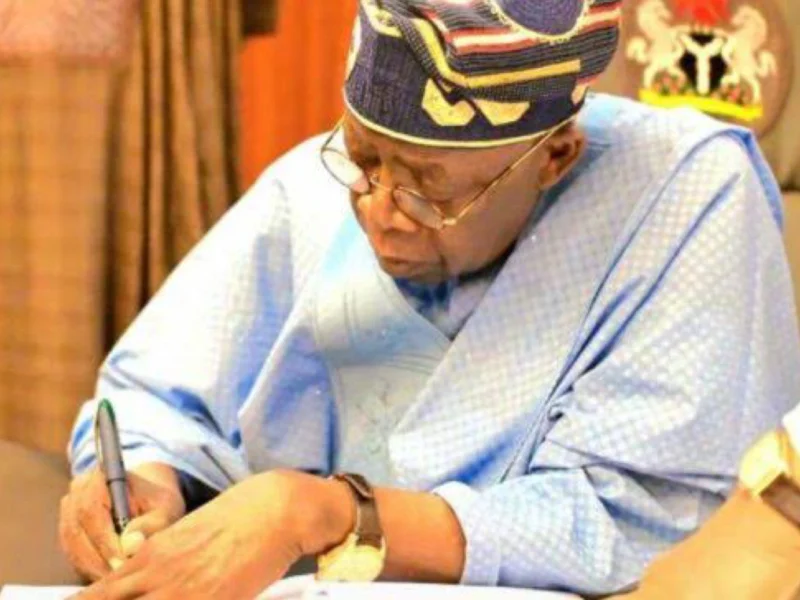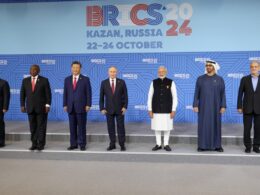The Nigerian government’s Human Capital Development (HCD) initiative, launched in 2018, aims to improve education, healthcare, and skills training across the country. The programme, which has been described as a cornerstone of sustainable economic growth and social progress, is set to benefit 24 million Nigerians by 2030.
The initiative was launched by the National Economic Council (NEC) to address poverty and promote economic growth. The programme focuses on investing in people, with the goal of fostering equitable economic growth across Nigeria.
At a recent stakeholders’ engagement workshop in Abuja, the Deputy Chief of Staff to the President and Chairman of the HCD core working group, Senator Ibrahim Hadejia, emphasized the government’s commitment to addressing the “japa” syndrome, where many young Nigerians leave the country in search of better opportunities. He noted that the government plans to build on the successes achieved by the previous administration and create opportunities for people to stay at home and earn a living.
Hadejia highlighted the importance of human capital development in improving the lives of Nigerians, stating that it is crucial for building resilient healthcare systems, ensuring equitable access to education, and fostering an inclusive, future-ready workforce.
The Acting Coordinator of HCD, Rukaiya El-Rufai, also emphasized the significance of human capital development in promoting sustainable economic growth and social progress. She noted that investing in people’s education, health, and skills not only improves individual well-being but also fosters innovation, productivity, and global competitiveness.
El-Rufai revealed that the HCD initiative aims to achieve significant milestones by 2030, including increasing access to quality education, enhancing healthcare services, and offering skills training and employment opportunities. She encouraged stakeholders to share their insights and propose innovative solutions to achieve these goals.
The workshop was attended by representatives from various organizations, including the Gates Foundation, World Bank, ECOWAS, Dangote Foundation, and United Nations Development Programme. The event featured a panel discussion, presentation on the HCD regional strategy, and strategy validation and collaboration session.
Through this initiative, the Nigerian government aims to create a comprehensive strategy that addresses unique challenges and leverages available opportunities. The goal is ambitious yet achievable, with a focus on mainstreaming gender equality, ensuring equal opportunities for all, and incorporating climate change and environmental sustainability.









Join our Channel...